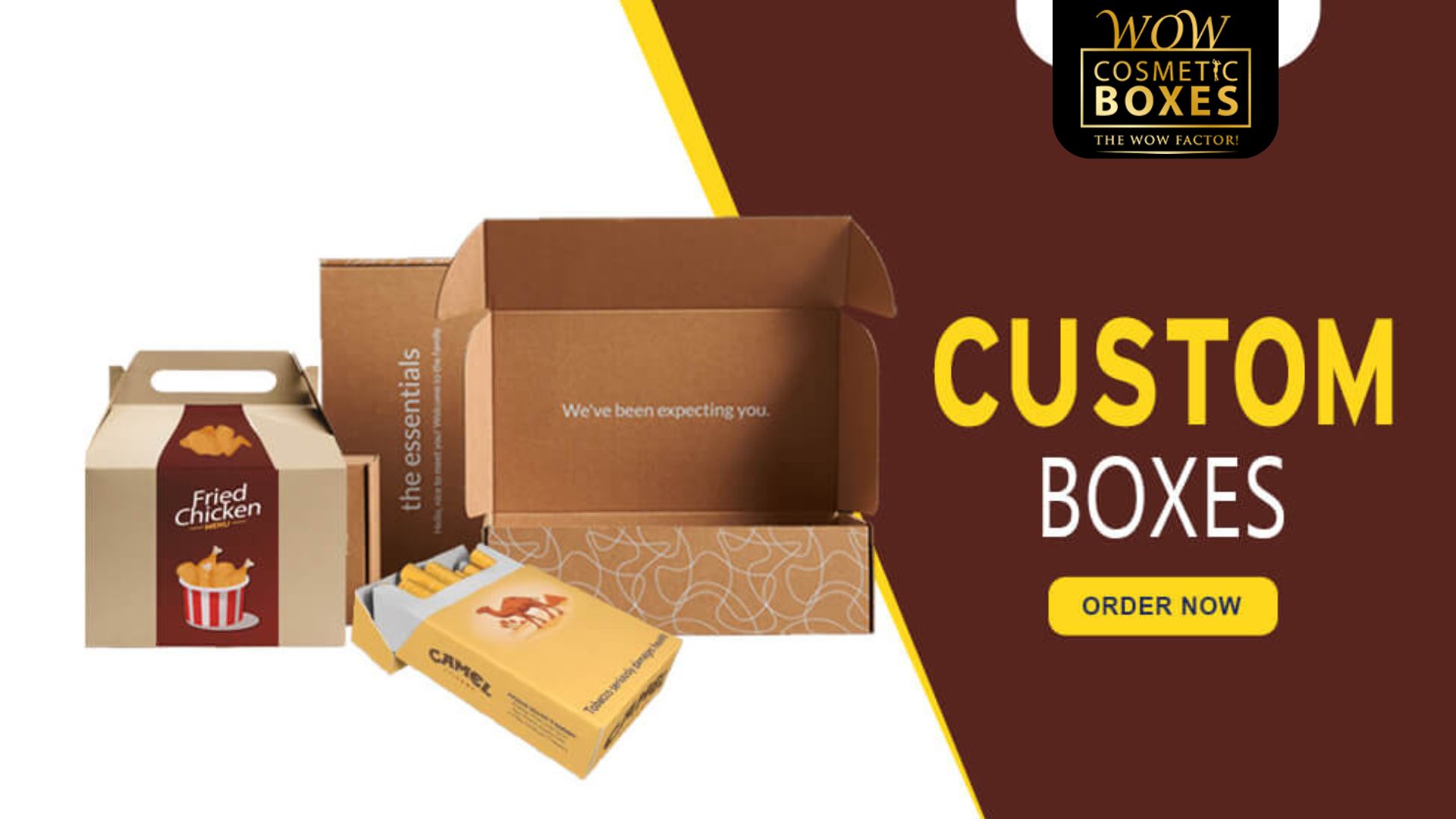
To choose the right materials for your custom retail boxes, start by considering your product’s fragility and aesthetic appeal. Cardboard is cost-effective and lightweight, while plastic offers moisture resistance. Recyclable materials like glass and aluminum can enhance your brand’s sustainability appeal. Think about printing compatibility and the overall presentation you want to achieve. Also, keep current packaging trends in mind, such as minimalism and eco-friendliness, as they resonate with consumers. Balancing durability with cost will help you make the best choice. There’s plenty more to explore on how to perfect your packaging strategy!
Main Points
- Assess product fragility to determine the necessary level of protection, opting for sturdier materials like cardboard or plastic when needed.
- Consider aesthetic appeal and branding; choose materials that enhance the visual presentation and align with your brand identity.
- Evaluate cost-effectiveness by balancing the durability of materials against shipping costs to maximize profitability.
- Ensure compatibility with printing methods to maintain high-quality branding and visibility on your custom retail boxes.
- Prioritize sustainability by selecting recyclable or biodegradable materials to attract eco-conscious consumers and improve brand reputation.
Types of Packaging Materials
When you’re choosing materials for custom retail boxes, understanding the different types of packaging materials available is essential. Cardboard packaging offers lightweight, cost-effective product protection, while plastic packaging provides moisture resistance. For sustainable packaging, consider recyclable options like glass or aluminum. Balancing durability and cost is key, so explore various environmentally friendly solutions to enhance your retail packaging while meeting consumer demands. Additionally, using eco-friendly options can appeal to environmentally conscious consumers and boost your brand image.
Importance of Packaging
While you might think of packaging as merely a means to hold a product, its importance extends far beyond that.
Custom packaging enhances brand identity and guarantees product protection during transport. Effective packaging design boosts customer satisfaction and influences purchasing decisions.
With rising demand for sustainability, choosing eco-friendly packaging materials aligns your packaging strategies with consumer values, fostering loyalty and repeat purchases. Additionally, utilizing custom printed soap boxes can enhance brand visibility and recognition.
Factors to Consider
Choosing the right materials for custom retail boxes involves several critical factors that can greatly impact your product’s success.
Assess the fragility of the product inside to guarantee adequate protection.
Prioritize branding with visually appealing finishes, and consider environmentally conscious options.
Balance cost-effective packaging with durability to reduce shipping costs, and verify compatibility with your chosen printing options for best results. Additionally, opting for premium quality materials can enhance the overall presentation and protection of your products.
Material Selection Process
Understanding the factors influencing your packaging decisions sets the stage for the material selection process.
Assess your product’s fragility to choose suitable packaging materials like corrugated cardboard for heavier items.
Consider environmental impact, cost-effectiveness, and how materials align with your brand identity.
Explore unique shapes and customization options that enhance product protection while boosting visibility and customer engagement in your custom retail boxes. Additionally, selecting high-quality materials ensures durability and enhances the overall presentation of your products.
Current Packaging Trends
As consumers become more environmentally conscious, sustainability has emerged as a dominant trend in packaging, with 60% of shoppers preferring brands that use recyclable and biodegradable materials. Minimalist design and protective packaging are also gaining traction, streamlining e-commerce fulfillment. Furthermore, smart packaging and personalized packaging enhance consumer engagement, aligning with preferences that foster brand loyalty and demand for innovative shipping materials. The emphasis on eco-friendly materials is particularly significant in the soap industry, where brands are looking to reduce their environmental impact.
Customization Opportunities
With the rise of sustainability and innovative packaging trends, brands are now presented with exciting customization opportunities for retail boxes.
You can create unique packaging that reflects your brand identity using eco-friendly materials and high-resolution graphics.
Choosing the Right Provider
Finding the right packaging provider can make all the difference in your custom retail box project.
When choosing the right provider, consider experienced companies like Box Genie that offer diverse material options and align with your brand values through eco-friendly materials.
Assess their customer service and ability to meet your specific packaging needs to guarantee a smooth packaging process tailored to your requirements.
Design Considerations
Selecting the right packaging provider sets the stage for your custom retail box project, but the design plays a pivotal role in its success.
Guarantee accurate dimensions for a snug fit, choose materials that protect fragile items, and incorporate eye-catching packaging design for brand recognition.
Prioritize user experience with easy opening, secure closure, and compliance with industry standards to enhance unboxing experiences.
Sustainability in Packaging
As consumers become more eco-conscious, prioritizing sustainability in packaging isn’t just a trend—it’s a necessity.
Using recyclable materials like recycled cardboard for custom retail boxes minimizes waste and energy use.
Opting for biodegradable materials and plant-based plastics not only reduces your carbon footprint but also attracts eco-conscious consumers.
Lightweight packaging can lower shipping costs while enhancing customer loyalty through your commitment to sustainability in packaging.
Conclusion
Choosing the right materials for your custom retail boxes is essential to your brand’s success. By understanding different packaging materials, considering important factors, and staying updated on trends, you can make informed decisions that enhance your product’s appeal. Embrace customization opportunities to stand out, and don’t forget to prioritize sustainability. In the end, partnering with the right provider will help bring your vision to life while ensuring your packaging meets both functionality and aesthetic goals.

